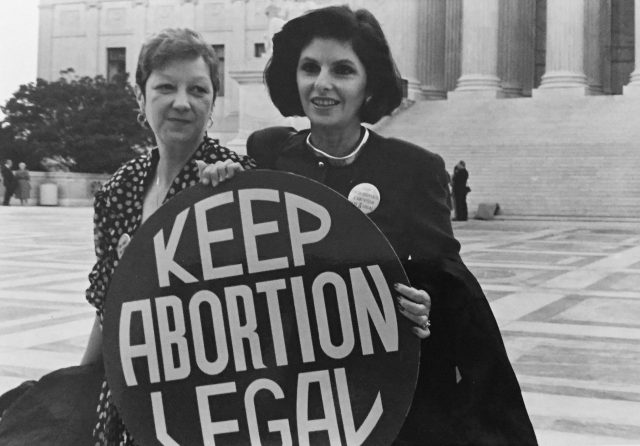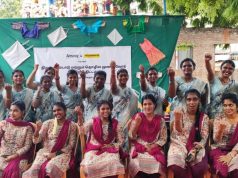CSR: Alabama Anti-Abortion Law – A Move to Counter Women Empowerment
A new anti-abortion law passed on 15th May, 2019, in Alabama of the United States of America is a major blow on women empowerment, equality and human rights front. The bill signed into law by Alabama Governor Kay Ivey after it was supported by 20 male senators in a state, where according to the US Census projections for 2019 women make up 51.5 per cent of the population.
The legislation – Alabama Human Life Protection Act – bans all abortions except in the case where the pregnancy is a risk to the mothers’ health is not relaxed even for women who become pregnant due to rape or incest. Ironically, the Bill was proposed by Republican Terri Collins, a woman, who believes that this is about protecting “the lives of the unborn because an unborn baby is a person who deserves love and protection”.
Unfortunately, Alabama is not the only state in the US that is supporting the abortion ban. In fact, it is the sixth state to pass such a law and nine more states have introduced similar bills. A few days ago, Georgia signed the “Foetal Heartbeat” Bill that prohibits abortions after a heartbeat is detected in an embryo. This happens after five to six weeks of pregnancy when the woman is not even likely to be aware that she is pregnant. At the centre of all this is a decision by the Supreme Court of 1973 which put down that women have a right to abortion without interference by the states.
This move has shaken up all the women in the world. In the year 2019, where humans are progressing at the speed of light, such restrictive laws are unimaginable by most let alone actually enforcing them. Celebrities including Lady Gaga, Rihanna and Emma Watson have raised their voices against the move.
Abortion is legal in India until 20 weeks of pregnancy. However, for long India too has been held hostage by funding agencies to restrict abortions.
Globally, it has been observed and proved that restrictive abortion laws lead to unsafe abortions which put women’s health at risk. Such laws also lead to higher levels of maternal mortality and increase inequality as safe abortions become available only to the rich who can travel out of the state or the country. Poor women, who are more likely to have unwanted pregnancies are literally left holding the baby.
Thank you for reading. In addition, your thoughts and inputs will genuinely make a difference to us. Please drop a line and help us do better.
Regards,
The CSR Journal Team













